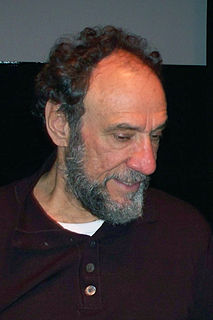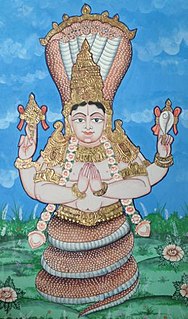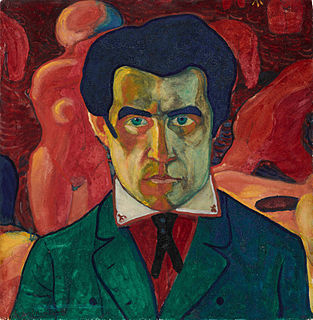A Quote by Carl Jung
The creative mind plays with the object it loves.
Related Quotes
That's the fun part of it all. You get creative when you're in Little League. You're creative when you're in middle school. You're creative in high school and college. And then when you get to the league, this position, the more mobile quarterbacks, we have a tendency to want to become traditional and nervous and panicky in how we want to call plays and put guys in position to make plays.
Objects must cease, mind must become just a pure mirror - a mirroring, not mirroring anything - just a mirror without any object in it, a pure mirror. By dhyan, this purity of the mind is indicated. So first, no object should be in the mind. Mind must remain alone without thinking about anything - with no thought, just a consciousness, just an awareness, just an alertness. This alertness without any object is meditation.
The essential difference between that knowledge which is, and that which is not conclusive evidence of Christian character, lies in this: the object of the one is the agreement of the several parts of a theological proposition; the object of the other is moral beauty, the intrinsic loveliness of God and Divine things. The sinner sees and hates; the saint sees and loves.



































